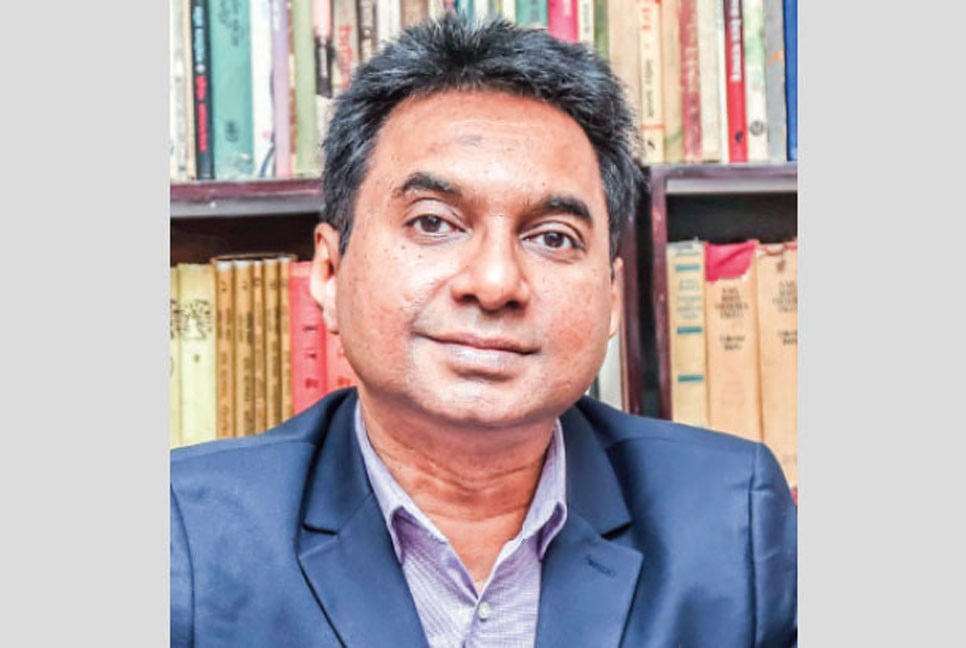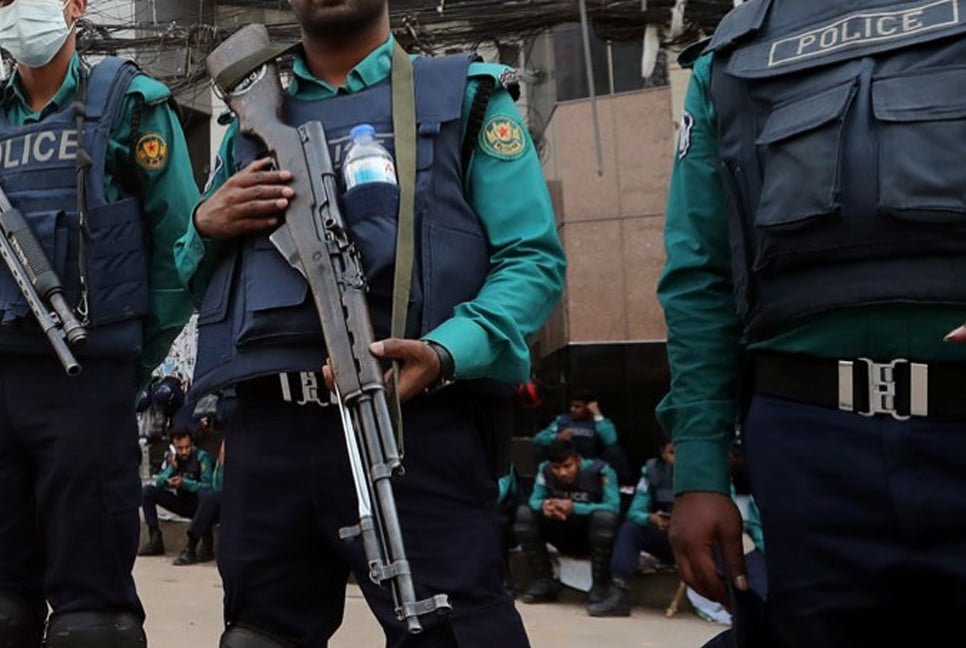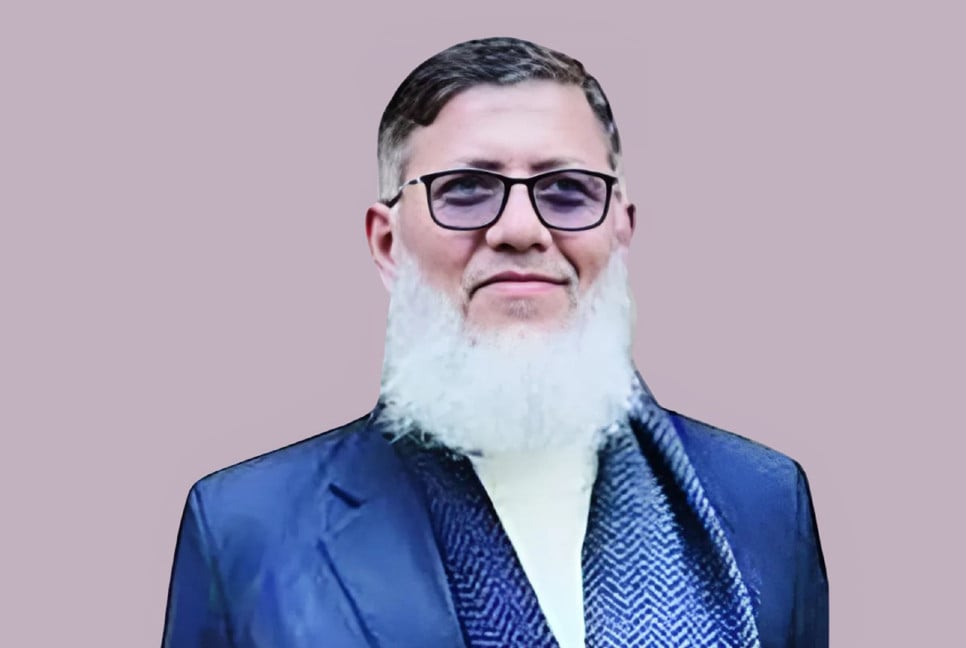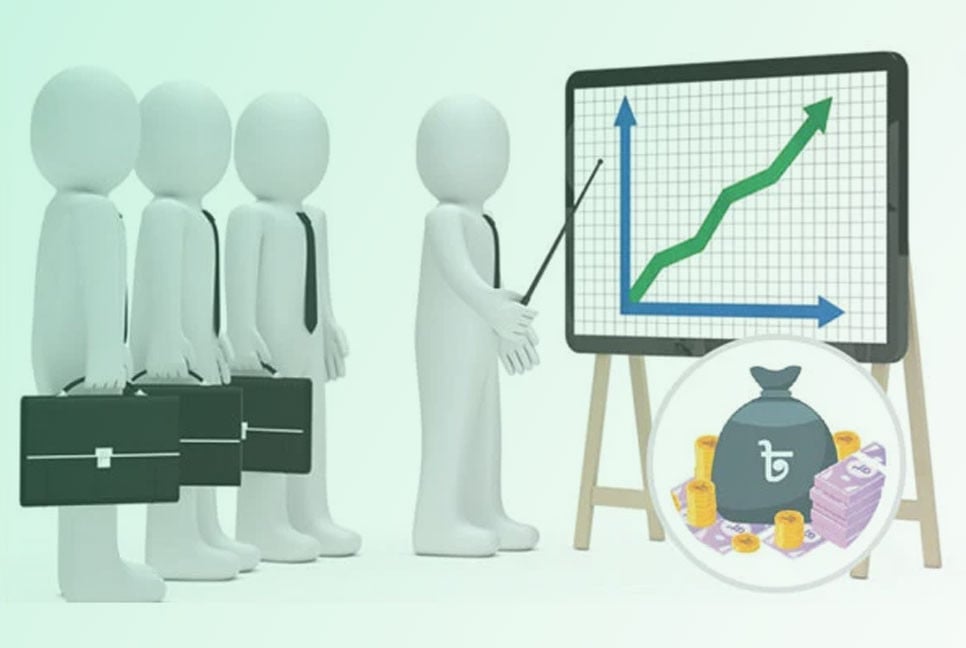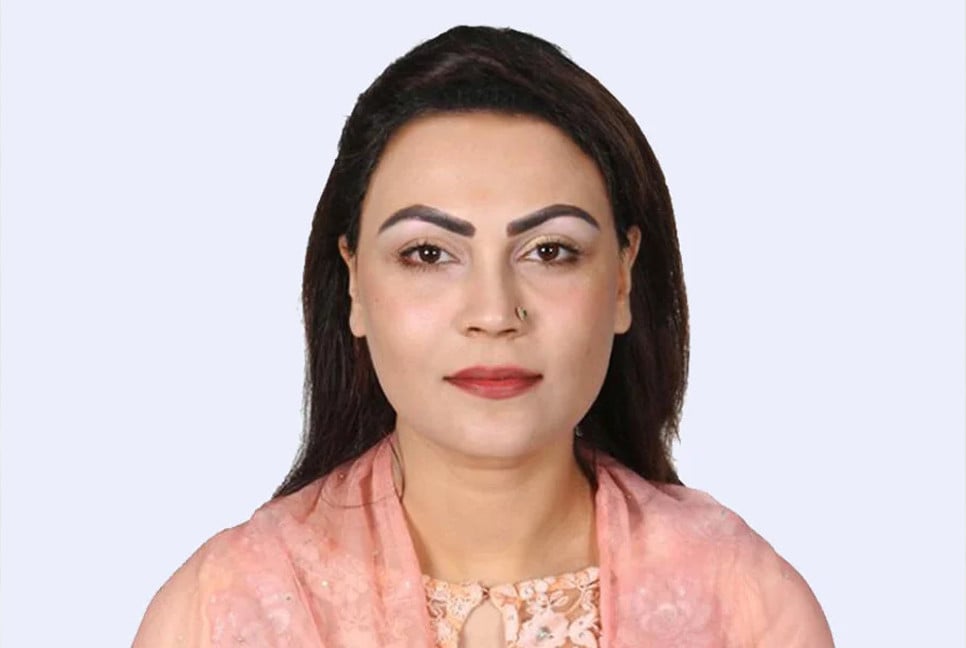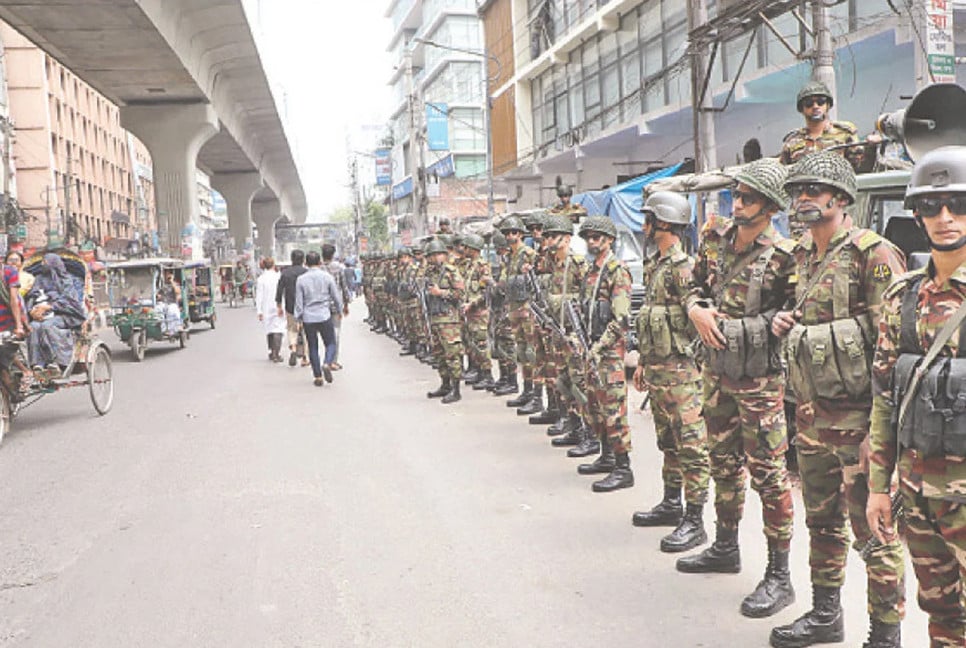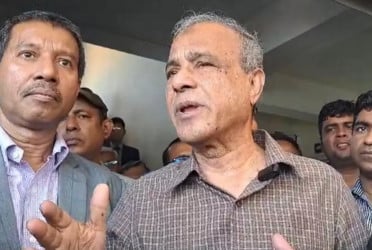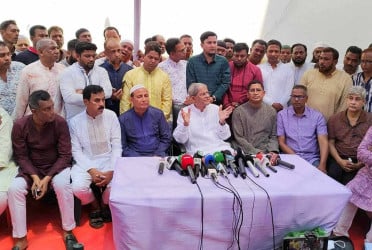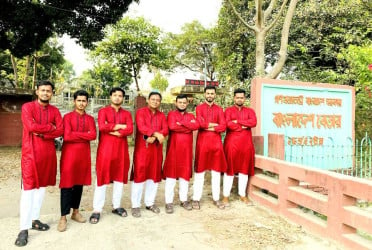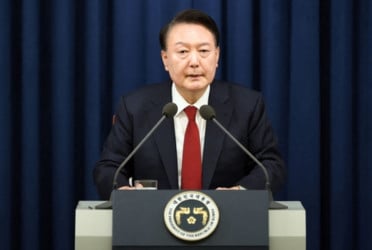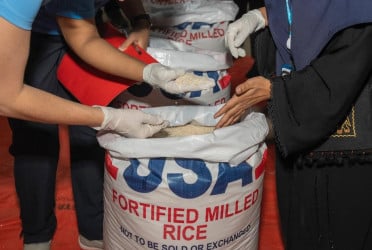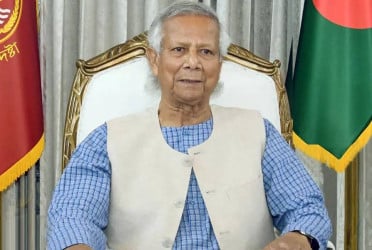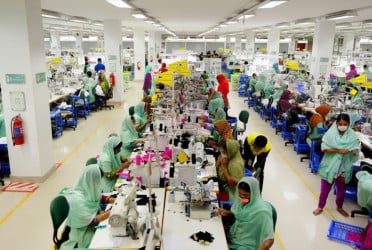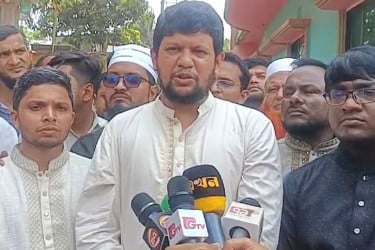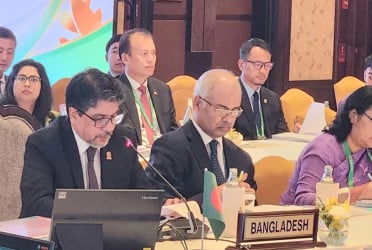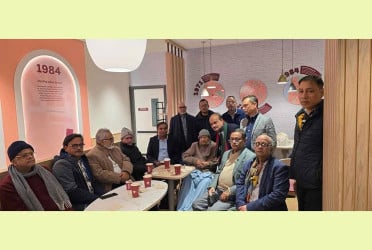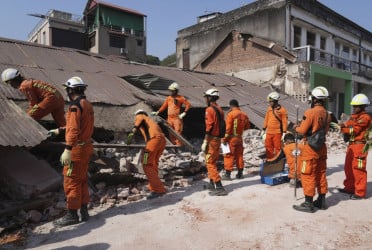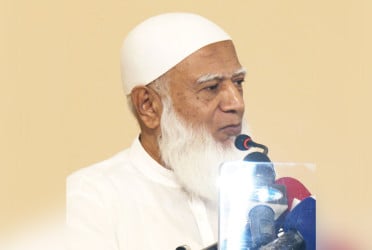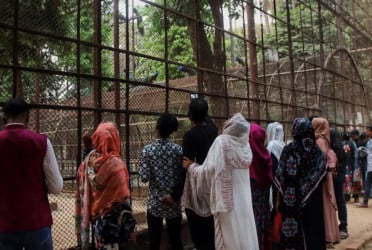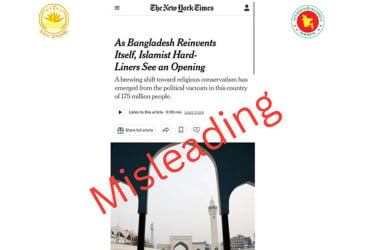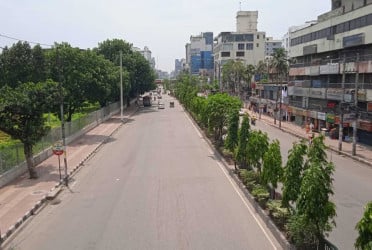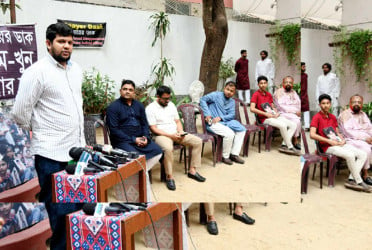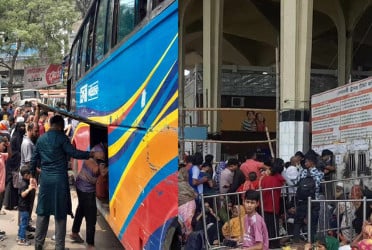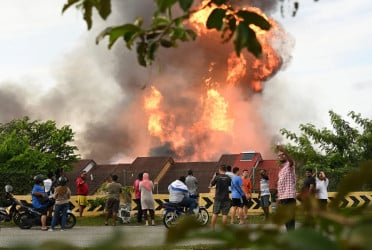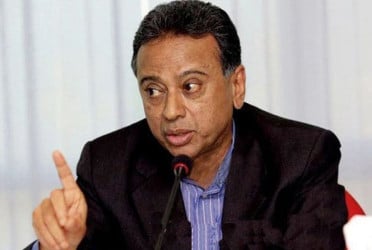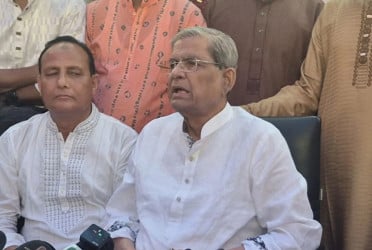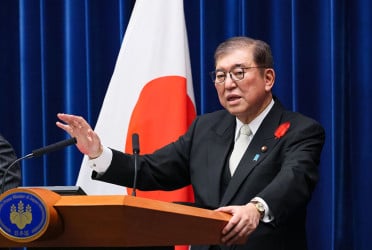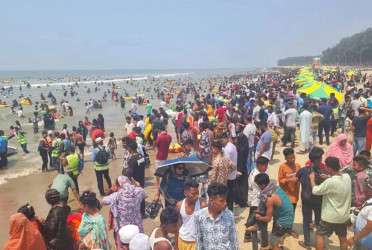Dr Selim Raihan, economics professor at the University of Dhaka and executive director of SANEM, stressed the need to reassess Bangladesh’s economic resilience in light of evolving national and global dynamics.
He said that contrary to common belief, the apparent economic and political stability over the past one-and-a-half decades has not done much to improve economic resilience.
Dr Raihan made these remarks at the 8th SANEM Annual Economists’ Conference (SAEC) 2025, held from 21-23 February. He attributed Bangladesh’s lack of resilience to internal and external shocks to factors such as insufficient reforms, weak institutions, and data manipulation.
This year’s conference, themed "Restoring Stability in the Economic and Political Landscapes: Navigating Fragility to Resilience," brought together leading economists, researchers, policymakers, and development professionals from South Asia and beyond. The three-day event included multiple panel discussions, a keynote session, and 20 breakout sessions covering topics such as macroeconomic stability, trade and investment, poverty and inequality, labour market issues, governance, climate change, human capital development, and energy security.
Dr Raihan opened the session by introducing the ‘White Paper Committee on the State of the Economy’ and the ‘Task Force on Re-strategising the Economy and Mobilising Resources for Equitable and Sustainable Development.’
He clarified the distinction and connection between the two bodies, emphasising that while the White Paper Committee focused on addressing irregularities, establishing benchmarks, and proposing reforms, the Task Force picked up where the White Paper left off by conducting an in-depth analysis of both macro and micro reform issues. He highlighted that the reports from both bodies complement each other.
The conference was conducted in a hybrid format, allowing experts from around the world to participate. A major plenary session, titled “Restoring Stability in the Economic Landscape in Bangladesh: Navigating Reform Agendas,” was moderated by Dr Raihan.
Panelists for this session included Dr. KAS Murshid, former director general of the Bangladesh Institute of Development Studies (BIDS); Dr. Zahid Hussain, former lead economist at the World Bank Dhaka Office; Professor Mustafizur Rahman, distinguished fellow at the Centre for Policy Dialogue (CPD); Professor Sharmind Neelormi from the Department of Economics at Jahangirnagar University; and Dr Rumana Haque, professor at the Department of Economics at the University of Dhaka.
In his speech, Dr. KAS Murshid said that the state of crisis in September was the culmination of preceding crises. Despite opposition from politicians and policymakers, he stated that economists believed reforms were necessary during an interim government, which would provide the political space to implement changes that had been overdue for 50 years. He stressed that the financial sector is central to macroeconomic stability and emphasised the importance of strengthening the agricultural sector to regain financial stability.
Dr. Zahid Hussain focused on the government's financial and power sector reform policies, describing them as “firefighting” efforts. He also discussed the IMF loan situation.
Professor Mustafizur Rahman pointed out the significant challenges faced by the external sectors prior to August 5, including trade-related mispricing issues and the future of exports after LDC graduation. He advocated for a shift toward direct tax and productivity-driven competitiveness instead of relying on indirect taxes and preference-driven competitiveness.
Professor Sharmind Neelormi highlighted the inadequacies in education and environmental policies and remarked on the lack of moral accountability among the public.
Dr Rumana Haque highlighted the persistent neglect of the health sector, emphasizing that better investment management could greatly improve value for money. She pointed to issues like non-functional equipment, inadequate urban primary healthcare, an unregulated private sector, and the absence of effective public-private partnerships.
Bd-pratidin English/ Jisan

